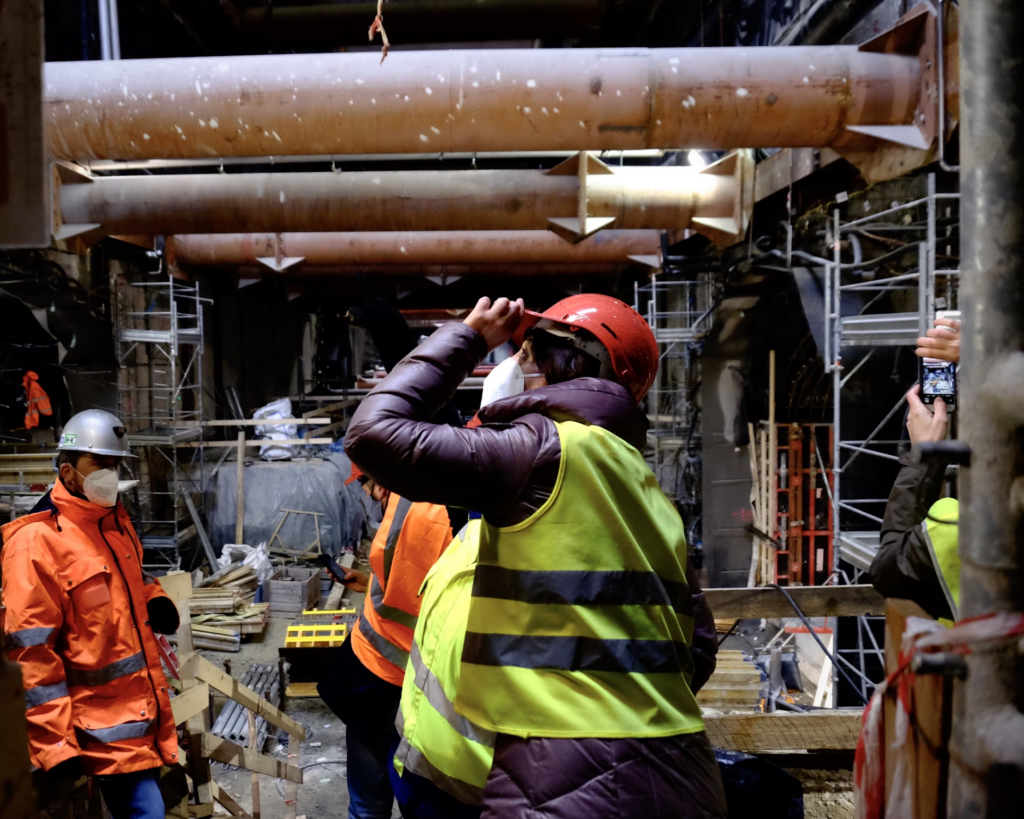Delays and disruptions are common challenges in construction projects, but they are often misunderstood. While both impact project timelines and costs, they have distinct causes and implications. Understanding the difference between delay and disruption in construction is crucial for managing claims and disputes effectively.
Defining Delays in Construction
A delay refers to a situation where a project or specific task does not proceed as scheduled. Delays can be caused by various factors, such as:
- Weather conditions.
- Late material deliveries.
- Design changes.
- Labor shortages.
Delays are typically measured in terms of their impact on the project’s critical path. For instance, a construction delay expert witness might analyze how specific delays affected the completion date.
Delays can be categorized as:
- Excusable Delays: Beyond the contractor’s control, such as natural disasters.
- Non-Excusable Delays: Resulting from contractor inefficiencies.
- Compensable Delays: Delays caused by the project owner, leading to compensation claims.
Understanding Disruption in Construction
Disruption, on the other hand, refers to a situation where project work continues but at a reduced efficiency. Unlike delays, disruptions do not necessarily stop the project but lead to inefficiencies that increase costs and extend timelines. Causes include:
- Design errors requiring rework.
- Poor site management.
- Inadequate coordination among contractors.
For example, a Los Angeles construction damages expert witness might assess how disruptions impacted labor productivity and overall costs.
Key Differences Between Delay and Disruption
| Aspect | Delay | Disruption |
| Definition | A stoppage or slowdown in project progress affecting schedules. | Reduced productivity or inefficiency without halting the project. |
| Impact | Affects critical path and completion dates. | Affects efficiency and increases costs. |
| Measurement | Evaluated using critical path method (CPM) or time impact analysis. | Analyzed through productivity studies and cost assessments. |
| Examples | Weather delays, late approvals, and site access issues. | Rework due to design flaws, resource mismanagement, or overlapping tasks. |
| Expert Witness Role | A San Francisco construction delay expert witness assesses timeline impacts. | A construction damages expert witness evaluates productivity loss and costs. |
Why Understanding the Difference Matters

Misinterpreting delay and disruption can lead to weak claims or disputes. Accurate identification of the issue ensures the proper allocation of responsibility and compensation. For example:
- A construction claims expert witness can differentiate between a delay caused by external factors and a disruption due to internal inefficiencies.
- A Los Angeles delay damages expert witness can calculate financial impacts with precision, helping resolve disputes effectively.
How HPM Consultants Can Help
At HPM Consultants, we specialize in analyzing delays and disruptions, ensuring that claims are accurately represented. Whether you’re dealing with a delay requiring the expertise of a delay construction damages expert or a disruption requiring insights from a Los Angeles construction scheduling expert witness, we provide the clarity you need.
While delays and disruptions may seem similar, understanding their distinct characteristics is critical for managing construction claims. With proper analysis and expert guidance, stakeholders can effectively resolve disputes and protect their interests.
At HPM Consultants, we are equipped to handle both delay and disruption claims with professionalism and precision. Explore our services, learn about our story, or contact us to find out how we can assist you.



